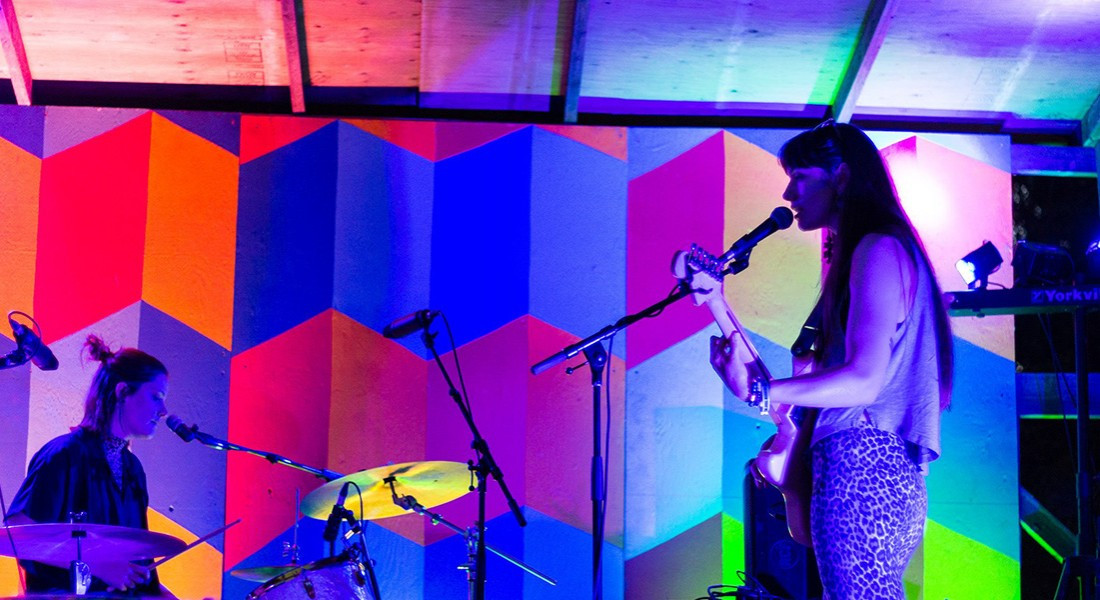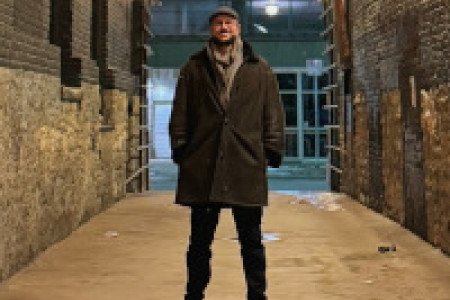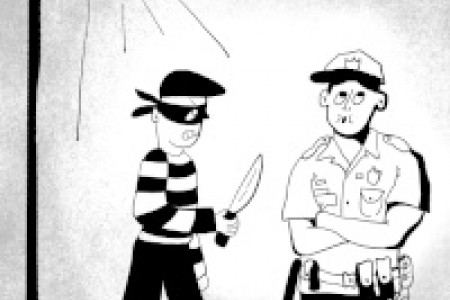Fighting to be heard
Female artists slowly break into the boy’s club of Manitoba music festivals
As bands get set to take the stage at festivals across the province this summer, some Manitobans are questioning why more women aren’t invited up to the mic.
Alexa Potashnik, a local beatboxer and verbal percussionist known as MC Woke, says she thinks female performers aren’t always given the same chances as their male counterparts.
“I think the music industry is predominantly influenced by the patriarchy and misogyny,” she says. There are areas of the rap scene she says are harder for her to navigate, especially because she’s a woman of colour working in an industry dominated by men.
Potashnik is the founder of Black Space Winnipeg and the volunteer manager for Jazz Winnipeg. She’s a familiar face in the city, but, as a female artist, she says she isn’t always taken seriously.
“There’s times when I’ve been overlooked or undermined, (but in) every competition I’ve been in, I’m the only woman that won,” she says.
According to Play Your Gender, a Canadian documentary exploring gender issues in the music industry, less than five per cent of music producers are female. Most songwriters and technicians are also men, even though many of the biggest stars in the biz are women. In Manitoba’s music scene, this gender divide also manifests itself in local festival lineups.
Twenty-five of the acts slated to perform at this year’s Winnipeg Folk Festival have at least one female member, good for 36.2 per cent of the lineup, festival marketing and communications manager Kelly Romas says.
Only eight of the scheduled 40 Dauphin’s Country Fest acts feature women (20 per cent), according to a Metro Winnipeg article published in April, and MTS Super-Spike hasn’t booked any female artists to perform during its two-day event.
At some smaller-scale festivals, however, more women are set to take the stage.
Real Love Summer Fest (RLSF), a three-day indie event held July 28 to 30 in Teulon, Man., will see over two dozen rock, pop and folk artists take the stage. Sixty-seven per cent of the bands in the festival’s lineup have at least one member who identifies as female or non-binary, RLSF co-director Gilad Carroll says.
“We are very cognisant of the fact that equality is hard to come by in the music industry,” he says, explaining that RLSF tries to book talent that’s “a little more underground” and from different genres, which naturally leads to a fairly diverse lineup.
This year’s Rainbow Trout Music Festival (RTMF), taking place Aug. 18 to 20 near St. Malo, Man., will showcase an eclectic mix of rock, hip-hop, blues, folk, funk and reggae artists. Over 60 per cent of these performers have at least one female or queer-identifying member, says RTMF artistic director Ben Jones.
Even more importantly, Jones says, 50 per cent of RTMF’s acts have female or queer lead members.
“(This) is definitely our most balanced lineup to date,” he says. “We are always working towards a more eclectic and varied lineup. That diversity in genre definitely translates to a more broad range of people being represented.”
Still, Jones acknowledges that RTMF can still work to be more inclusive.
“Racial (and) ethnic diversity is something that we haven’t managed to reach to the same degree, and that is definitely something we are aware of and that we are working towards,” he says.
“Making sure that diversity is a part of the conversation is an important step, but setting goals and doing the work to achieve them is really key. We try to work with leaders from a variety of communities. In no way do we at the RTMF think that we have all the answers or that we get everything right.”
One thing Jones says might help promote more gender and racial representation at festivals is involving more diverse people in organizing the events. Potashnik agrees.
“If there were more women in power, like festival producers and agents, I think that would change (how women are represented in the industry),” Potashnik says. “Right now, there’s mostly white men, who might not always be mindful of representation. It’s a boy’s club.”
Katie Muirhead, communications co-chair for the Provincial Council of Women of Manitoba (PCWM), helped organize a panel discussion in April about female roles and representation in the local music industry. She admits she didn’t realize at first the extent of the gender gaps that exist in Winnipeg’s music scene.
“A major discussion played out (at the event) after an audience member recalled an experience of trying to book her all-female band at a festival and being turned down because the festival ‘already had an all-female band,’” she says.
Muirhead says the local, national and international music industries are dominated by men, but local festivals can help by giving new female artists chances at the stage.
“Don’t keep booking the same bands over and over and over and over and over again,” she says. “The music community in Winnipeg is tight-knit and incredibly talented, but I see the same festivals booking the same groups continuously.
“Don’t see booking women as a quota – see it as an opportunity to expand your musical taste.”
She also recommends reaching out to female and non-binary musicians for their suggestions about how to create more balanced lineups and supporting programs like Mama Cutsworth’s DJ Academy for All Women and Non-Binary Folks that helps women get involved in more male-dominated parts of the industry.
Muirhead mentions some of the PCWM event attendees also raised questions about how well festivals and concert venues support musicians who are also mothers. Are there spaces for them to breastfeed? Are childcare services available?
Potashnik, who was one of the panelists at the PCWM event, also calls for established female artists to help up-and-coming performers, songwriters, technicians and producers.
“I think women need to stand in solidarity and be allies with one another,” she says. “Established artists need to help you get access to studios and equipment and share resources.”
Plus, Potashnik adds, it’s important for women in the industry to stand up for themselves, as well as for each other.
“Women, too often, especially women of colour, are asked to do things for free. Stop doing shit for free,” she says. “Be compensated. You have to protect your professionalism … you don’t have to say yes to everything.”
Published in Volume 71, Number 27 of The Uniter (June 1, 2017)







